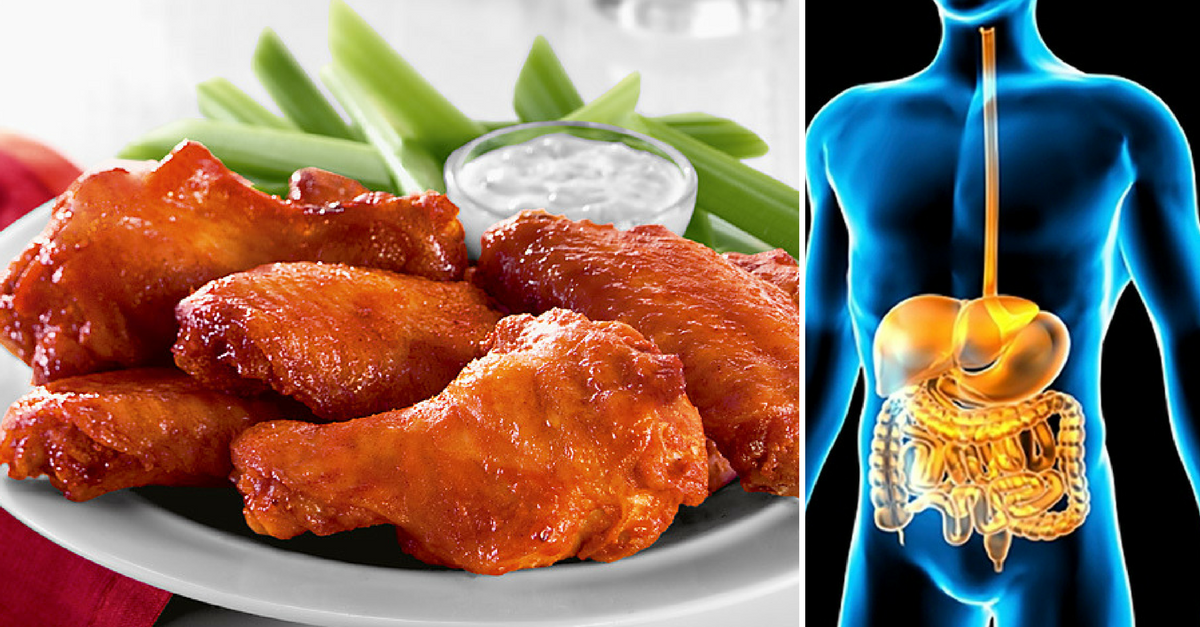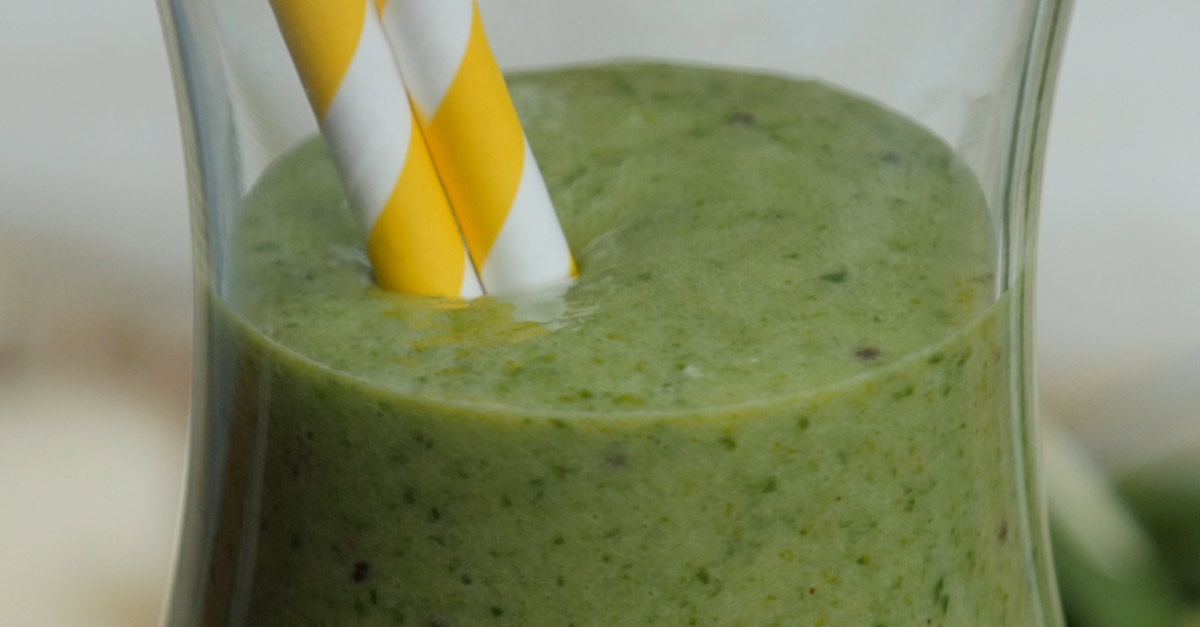"Don't fill up on appetizers."
We've all heard that before, but if you give it some thought it doesn't make sense. The name appetizer means, quite literally, to stimulate your appetite. How does eating something make us hungrier though?
I'm so glad you asked.

I've been dieting and while I was online looking at all the food I can't eat recipes, I discovered this neat tidbit of information.
Appetizers are scientifically designed to stimulate not only your appetite, but also your senses.
The Culinary Institute of America are pros when it comes to the science of cooking and they make sure that no part of a meal is ignored. They wrote that the appetizer is a meal's first impression as such it needs to be good.
"The colors, shapes, seasonings and spices help to stimulate the diner's curiosity and generate interest in the meal."

Think about that next time you just throw together a salad.
Appetizers aren't just about looking pretty, they should also feature chemicals to get your juices flowing.
Spicy foods, like hot wings for instance, have a lot of capsaicin, which get your gastric fluids in gear. Pepper is also helpful in this regard, which is why you see "peppered _____" so often on menus.
Bitter herbs like kale or radishes also push your tummy's buttons.
That doesn't mean you can't have too much of a good thing however. In order to avoid overeating appetizers should be of a portion small enough to simply tease your tongue. Maybe sharing isn't such a bad idea (sorry to my friends and family).

The Culinary Institute says it should be large enough to be enticing, but not so large as to overwhelm.
Just food for thought next time you're making dinner. Now where did I put my pepper?

